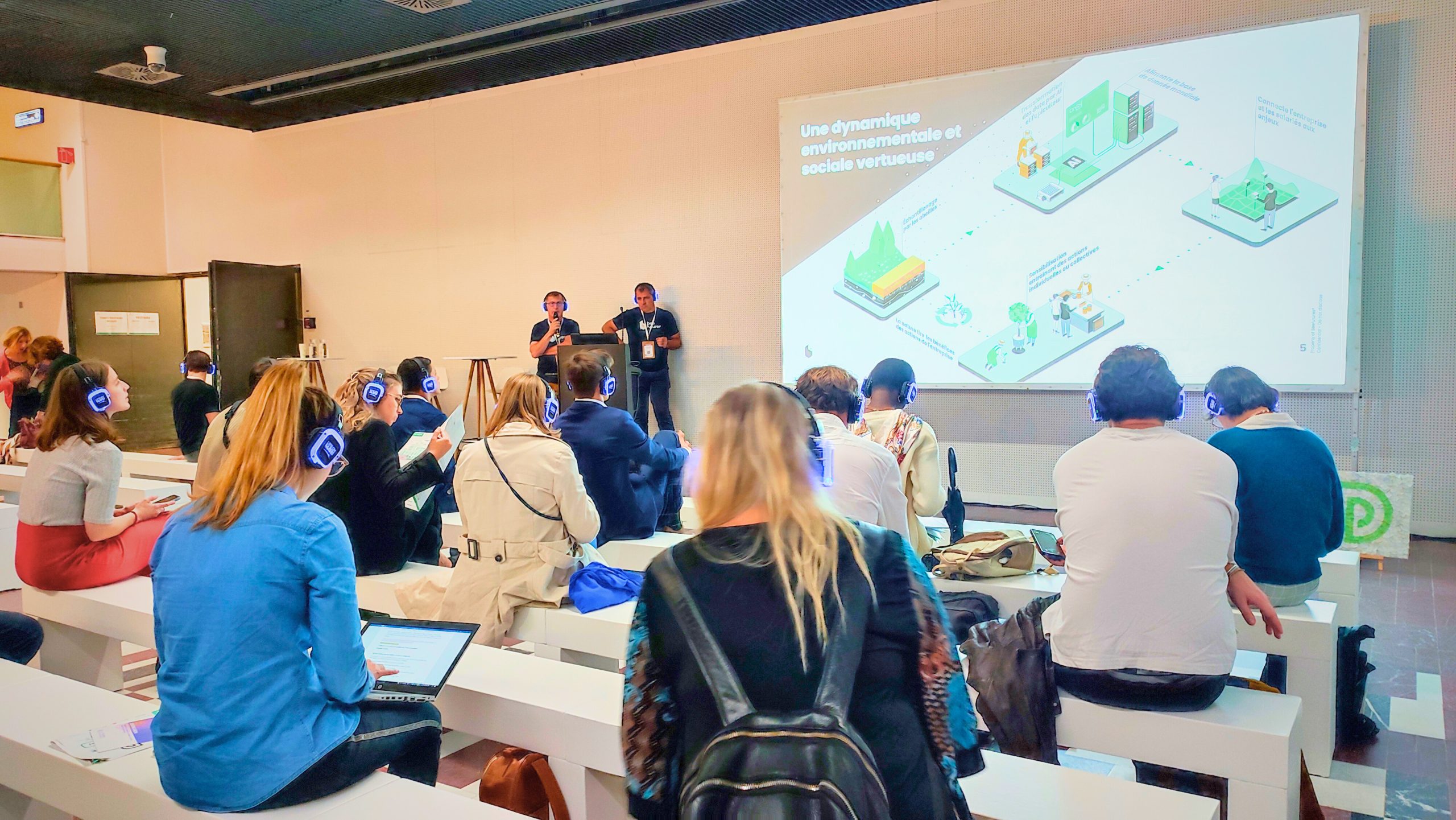On the 9th and 10th of October 2024, we were at the Produrable Salon in Paris, an event that brings together the main French-speaking stakeholders and innovators in Corporate Social Responsibility (CSR). This was a valuable opportunity to engage with the diverse landscape that defines CSR today and to discuss the evolving challenges of measuring and reporting a company’s social and environmental impacts. For our part, we introduced our technologies as a new solution to these challenges, showcasing how bee colonies can serve as precise bio-indicators of the health of pollination areas. This setting also allowed us to present Onibi as a groundbreaking tool designed to address CSR needs through detailed, data-driven insights into ecosystem health.
To prepare ourselves for this occasion, it became clear that certain gaps and contradictions in responsible innovation needed addressing. For example, how does biomonitoring local biodiversity translate into the broader objective of planetary health? While monitoring a specific area provides valuable insights, there is a risk that focusing resources locally could detract from larger-scale global issues, like climate change. It’s tempting to assume that the link between local and global is self-evident, yet this connection may remain unclear without a structured framework. Rather than avoiding these questions, we took this as an opportunity to discuss ways to address and reconcile the gaps and contradictions inherent in our responsibilities as innovators.
One approach to mitigating these potential conflicts could be to power technological hives with green energy, thereby aligning with global environmental goals. However, this solution is more about sidestepping conflict than about transforming it into an opportunity. Instead, we can consider how our technologies might create virtuous cycles that fulfil multiple responsibilities simultaneously. To achieve this, an overarching framework is required—one that brings clarity to each aspect of the technology and its use. This is the approach our team developed, seeking to bridge local and global objectives. To address the gap, we refined how Onibi 1) links pollination to ecosystem regeneration, boosting natural processes; 2) connects biomonitoring data to active preservation measures, guiding and supporting human intervention; 3) and coordinates data across biomonitoring sites to produce a comprehensive map of local biodiversity resistance and resilience. In the latter two points, artificial intelligence plays a crucial role, offering the potential to translate data gathered at one site into practical recommendations for managing that space and preserving other sites. Through these interconnected, concentric functions, Onibi can transform local action into tangible contributions to global sustainability.
This strategic vision is not only valuable for presenting technologies to others, as at Produrable but can also serve as a guide in the technological development process itself. Bridging these different responsibilities requires ongoing research and development – having a comprehensive scenario alone, although it is a fundamental step, is not enough. It is not sufficient to conceive how to apply a specific technological innovation to a practice of utilisation that fulfils multiple responsibilities, linking different values and connecting local and global nature. As we have seen in previous discussions, combining ethical reflection directly with technical development is essential to making these practices effective. With such an integrated approach, these goals and responsibilities can reinforce one another, creating a virtuous cycle in which local biodiversity initiatives support the larger ecosystem without compromise.
About the writer
Marco Innocenti is a researcher at Beefutures and a PhD candidate at the Panthéon-Sorbonne University and at the University of Milan, where he is part of “PhilTech – Research Center for the Philosophy of Technology”. He is a Visiting PhD candidate at the Philosophy Group at Wageningen University and Research (NL), among the world leaders in Agricultural and Environmental Sciences.
In his doctoral thesis in Ethics of Technology, he investigates how the possibilities opened up by AI-driven automation in beekeeping redefine the role and concept of ‘nature’ in Responsible Innovation. This reflection aims to indicate guidelines for ethical innovation in AgriTech R&D labs. In this series of articles, he summarizes his research for the interest of experts and enthusiasts in this field.



